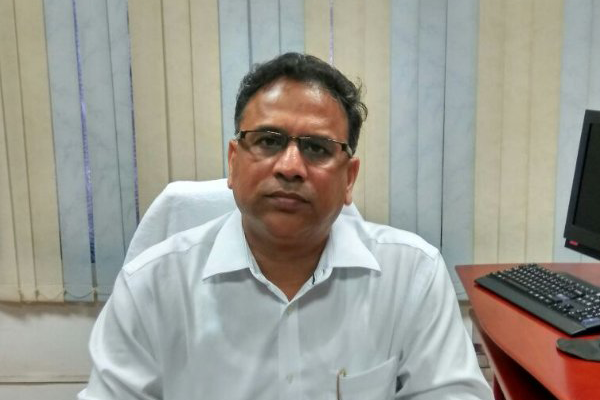
Indian-origin British conglomerate Hinduja Group has said that it is ready to invest USD 10 billion in various unfinished infrastructure projects and power plants to speed up growth and to bring the Indian economy back on track.
Co-Chairman of the group, Gopichand Hinduja, described his interest in projects that were part-financed by state banks but abandoned for a variety of reasons like non-availability of fuel and now listed as bad loans. Hinduja expressed hope for the lagging projects to be quickly completed under the regime of Prime Minister Narendra Modi, so that the economy picks up.
According to Hinduja Group feels that if the UK government helps India completing the projects and speeds up the process of development then India would not hesitate in giving faster approvals to UK for various projects of its own.
Hinduja told London-based Telegraph newspaper that “The Hindujas are willing to invest USD10 billion in such projects.”
He further said: “These projects are sitting in the banks as NPAs. We should invest in such projects so that investment and trade can grow in one or two years. Being a practical person I like to see something in the short, medium and long term.”
Hinduja added that brownfield projects are the easiest way to show (fast) results and that is what the Prime Minister is trying to show rather than go into green field projects.
He said that Britain should seize the opportunity of Prime Minister Narendra Modi’s new leadership to make a practical demonstration of its support.
“The British have to treat India differently from its neighbouring countries. India is the largest democratic country with a good judiciary, law and order and now with the relaxation in foreign direct investment of 49 per cent in defence and insurance and with a new government with strong leadership wanting to move forward, Britain should take the maximum [role],” he added.
Hinduja — who along with his brother Srichand have a fortune worth GBP fortune of 11.9 billion — said Britain should give “India preference in different aspects, immigration, trade and investment focus, technology transfers.”





















